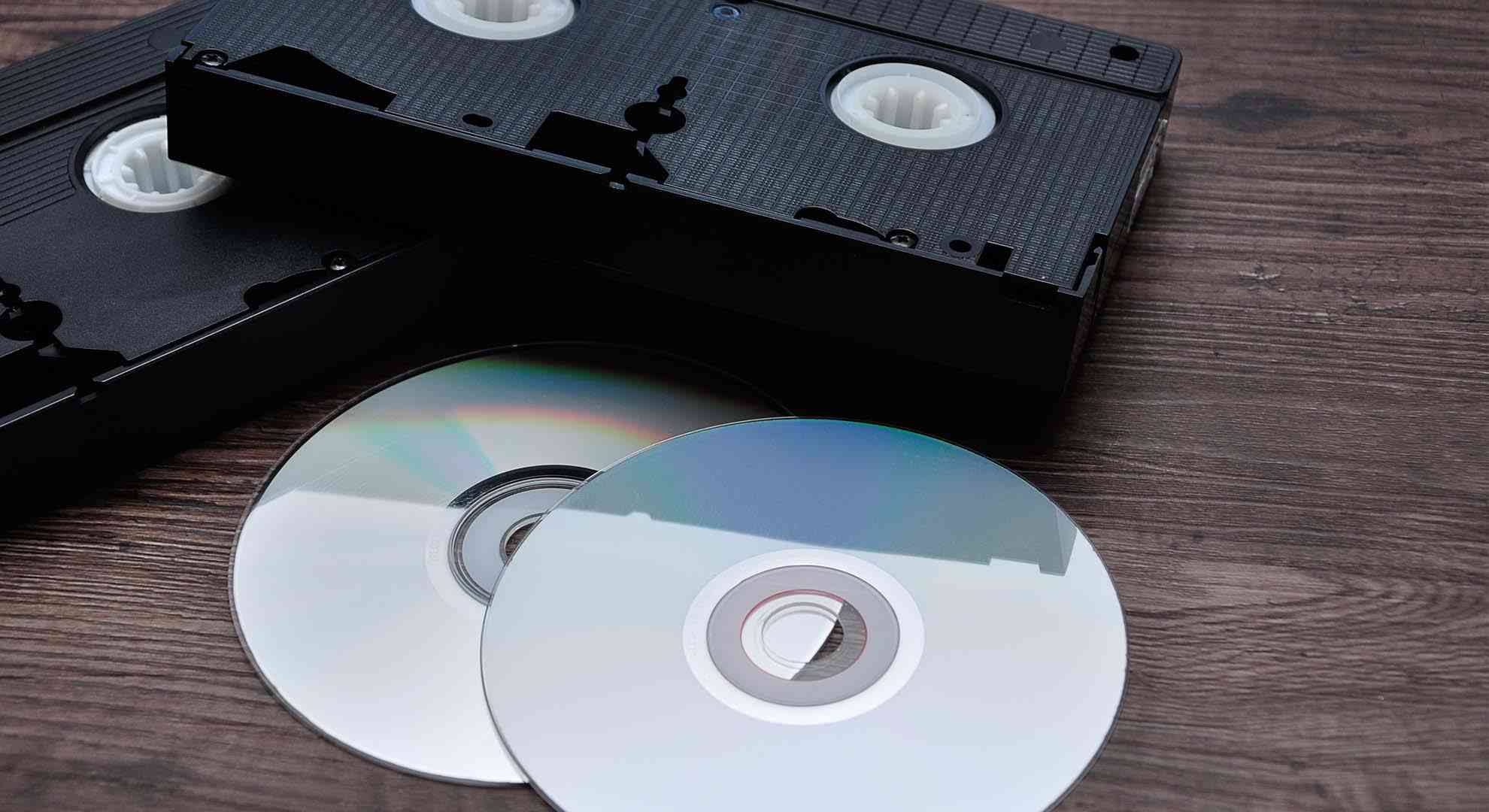
This is November. It’s bonus time for a lot of civil servants here in Zimbabwe. In this economic environment, ideas on how to spend the extra money are few and far between.
It is my imagination that many Zimbabweans will not include buying music as part of their Christmas shopping. Ask anybody when they last bought a CD of their favourite artist .
Most of them will tell you that they have not done so this year. One reason is the fact that apart from CDs which are sold by vendors on the streets or at open markets, there are no other physical places to buy music.
Record shops have all closed down. Besides music is still regarded by many as a luxury item which is only bought when one has extra income to spend. More than 92% of recorded music is now sold online, with digital retailers seeing a significant increase in sales.
People now buy music through streaming services, or directly from online stores for digital downloads. While streaming is dominant, many still purchase music to own it, using platforms like iTunes, Bandcamp, and Amazon.
Some purchases are for high-resolution digital files, while many still buy physical albums because they often include a digital download code. Cars which are being manufactured these days do not even have a CD player.
CDs are now being viewed as old-fashioned With Zimbabwe’s population estimated to be around 17 million a top artist would be lucky to sell 170 000 units of each release which is only 1% of the whole population.
It means that 99% of the population do not spend money on buying music.
- We’re not concerned by now-habitual State media propaganda
- A false unity
- Ekusileni Hospital faces closure
- The Fiddler: A strange endingA strange ending
Keep Reading
In contrast, a look at the statistical development of the local electronics store shows significant losses, which can be attributed primarily to the declining demand for CDs.
Most record shops have closed down as they do not seem to have business anymore. Reasons I got from those who still buy music include a desire for permanent ownership, supporting artists directly, and a preference for physical formats like vinyl and CDs for their tangible quality and artwork.
The market for physical sales, especially vinyl, has seen a resurgence, even as digital downloads have declined.
Most people today prefer streaming, probably because it gives them access (albeit temporary access) to an enormous music library instantly for a set monthly fee .
I asked several music lovers how they buy (if at all) their music. The answer I got from the majority of them was almost uniform: “I don’t buy CDs anymore, as my entire library is digital, but I buy my music when I hear a tune that I would like to possess and play every now and again”.
Apple’s decision to create a new streaming service called Apple Music is a recognition of just how much the music business has changed over the past decade. A decade ago, it was widely assumed that people would build collections of digital music just as they previously built collections of vinyl records and CDs.
Apple was at the forefront of that change, with Steve Jobs, its chief executive, convincing record labels to sell their songs for just 99 cents.
But we now know that this whole way of thinking about the music business was wrong. Customers don’t want to buy music, and they don’t want to build music collections. Smartphones allow something much better: Services that allow unlimited streaming of millions of songs. These services are rendering traditional music ownership obsolete. Artistes who don’t have this kind of knowledge think that they can still make millions through record sales.
In Zimbabwe, the three main record companies, Gramma, Zimbabwe Music Corporation and Record &Tape Production closed down a few years ago because of the decline in business. Other reasons given were the rise of independent record labels and piracy. However, if the truth must be told, it was because of economic reasons. Many people found that they could not afford to buy music given their other financial commitments.
A decade ago, the iPod and iTunes seemed like the wave of the future. But it’s now clear that they were just an awkward transitional stage between the physical formats of the 20th century and the streaming media services that will dominate in the future.
As recently as 2012, analysts were predicting that paid music downloads would continue growing — albeit slowly — for the foreseeable future. But that’s not how things have worked out. In 2014, revenues from music streaming services surged, but paid song downloads in the US actually fell by 12%. Globally, downloads declined by 8% in 2014.
Digital downloads appear to be on the same trajectory as CDs, only with a 15-year lag.
We still notice a few vendors selling CDs in the streets of Harare but one vendor I interviewed informed me that he is lucky to take home US$5 in a day. It is not worth it anymore.
As one chart from CNN shows, sales of CDs peaked around the turn of the century and have been steadily declining since then.
Paid digital downloads soared in the decade after the iTunes Music Store was introduced in 2003, but they’ve now levelled off.
When all is said and done, despite the fact that this is depressing news to all those who want to make their careers in music and all the aspiring musicians, people do not buy music anymore. The only way out, especially in countries with small populations or those suffering from economic hardships ,is to polish their live acts and make money from live concerts
So don’t ask me why people are still playing the same old tunes this Christmas.
Feedback: frezindi@gmail. com











